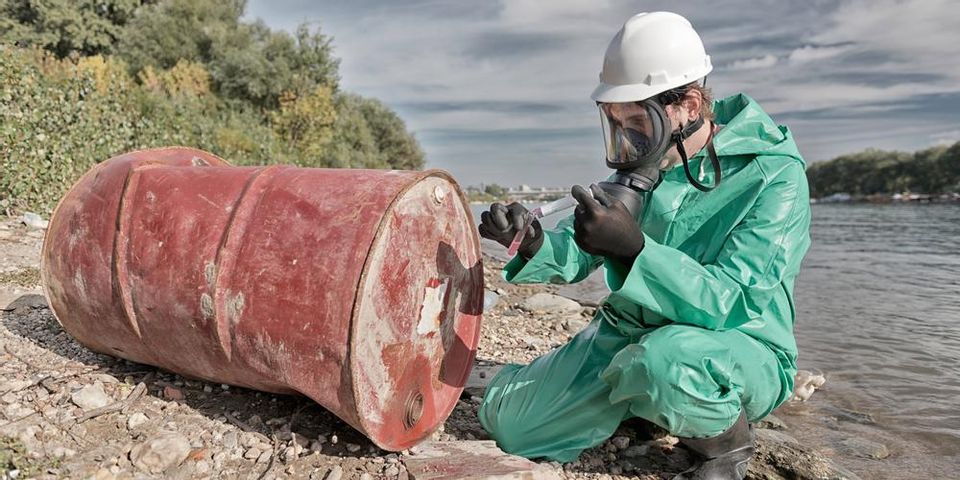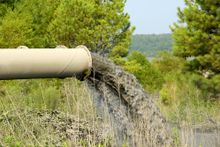Alaska Geoscientists Explain the Triad Approach for Hazardous Waste Site Management

Effective hazardous waste site cleanup requires quick decisions and safe, economical results at the same time. Recognizing the need to streamline these decision-making processes, environmental experts and geoscientists developed the “Triad Approach”—a three-part strategy that helps site managers and their teams rapidly assess changing factors and implement appropriate actions. Focused on delivering efficient geophysical data acquisition services in the Anchorage region, GeoTek Alaska highlights the basics behind this proven tactic.
What Does the Triad Approach Involve?
Systematic Planning
This element of the Triad Approach is focused on identifying goals for projects and mapping them out into an actionable plan defined by technical deliverables.
After examining existing site information and collecting new data, a conceptual site model (CSM) is created. The CSM will then be used to illustrate where hazardous waste is coming from, where it is going, and what possible pathways it may travel. By tracking contamination, site managers can effectively plan response and remediation tactics.
Dynamic Work Strategies
 There are many changing factors that can affect the direction of a hazardous waste site project. Dynamic work strategies aim to help managers and their teams make real-time decisions as new information becomes available. These strategies are developed through refined work planning documents that outline the different ways a project may adapt in response to a specific event or condition.
There are many changing factors that can affect the direction of a hazardous waste site project. Dynamic work strategies aim to help managers and their teams make real-time decisions as new information becomes available. These strategies are developed through refined work planning documents that outline the different ways a project may adapt in response to a specific event or condition.
Compared to conventional static work strategies, this dynamic approach allows teams to adjust responses appropriately as conditions change. As a result of plotting and employing these tactics, projects can be completed in a timely fashion and require minimal financial resources.
Real-Time Measurement Tracking
With systematic planning and dynamic work strategies in place, geoscientists will then have to make sure that data is collected and reported to accurately depict site conditions. There are many geophysical services and advanced tools that can help provide field managers this on-site data, such as in situ sensing systems, high-integrity soil and groundwater sampling, and ultraviolet optical screening tools.
Whether you need help with real-time site data or remediation, the professionals at GeoTek Alaska deliver the highly specialized resources required to keep your project informed and under control. With a solid understanding of the Alaskan environment, these Anchorage geophysicists are recognized for providing expertly-managed site management, sampling, bioremediation, and well monitoring services. Visit their website to learn more about the advanced equipment that supports Triad Approach success. To discuss your project needs, contact a specialist at (907) 569-5900 to consult with an expert.
About the Business
(6 reviews)
Have a question? Ask the experts!
Send your question

